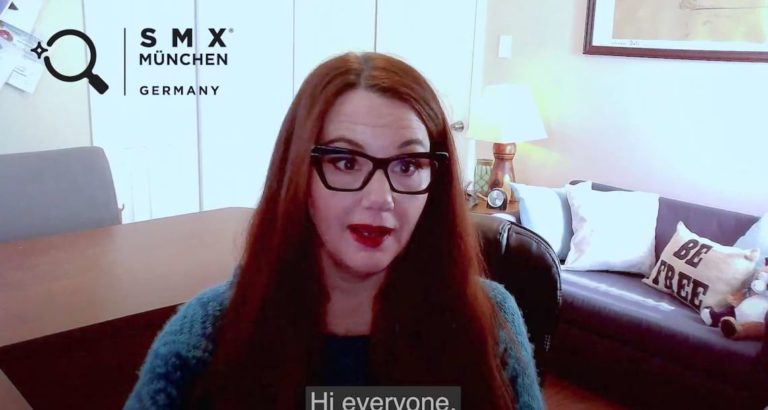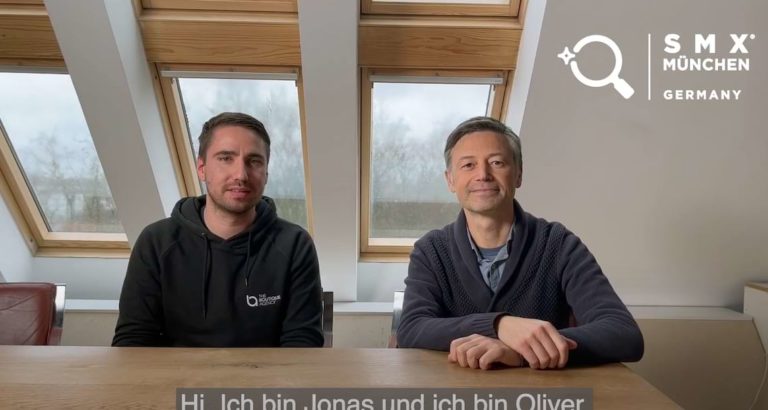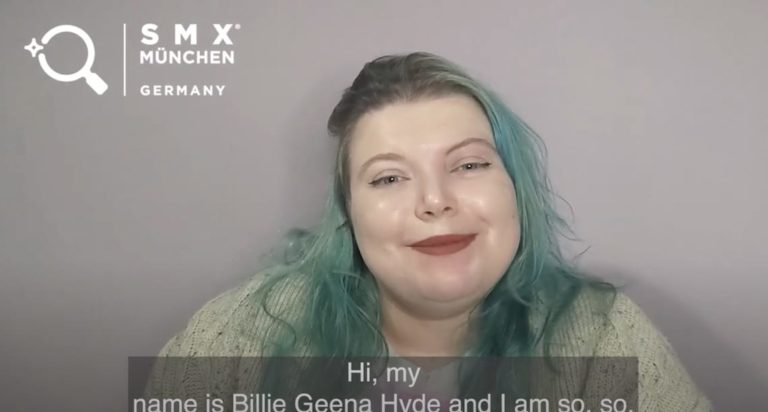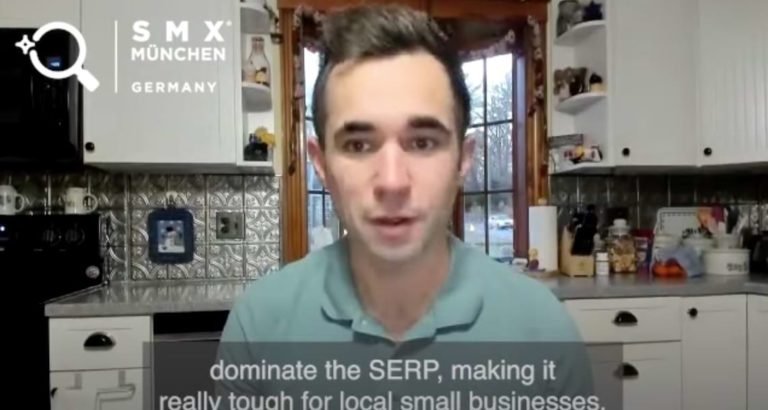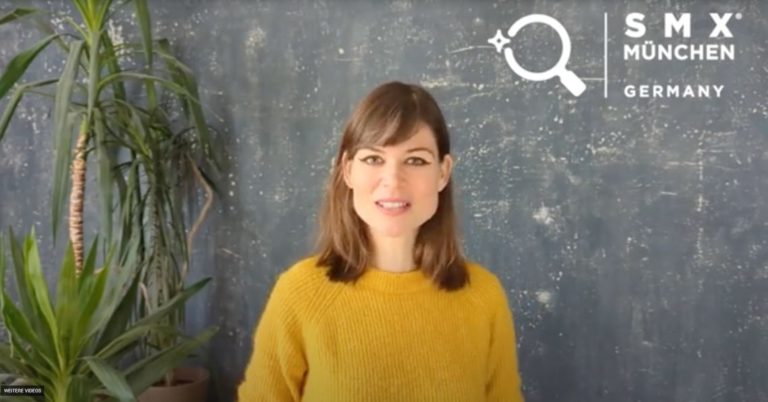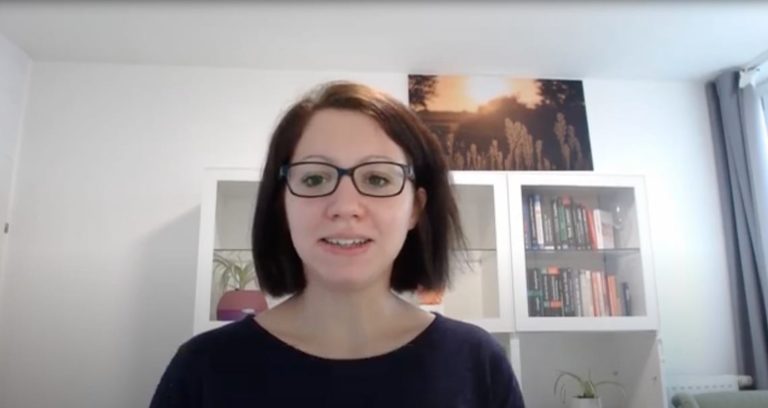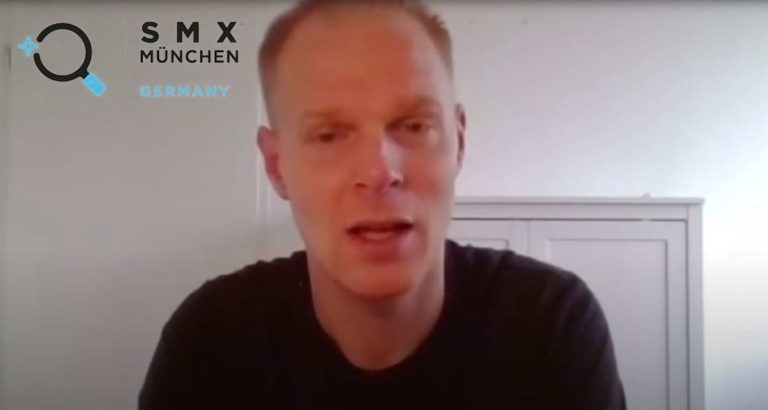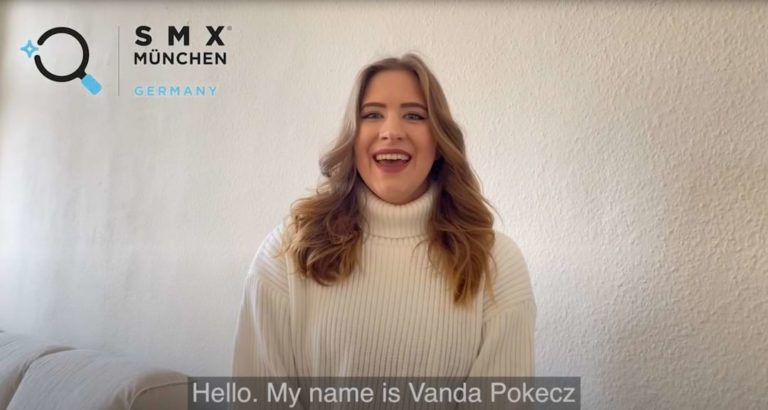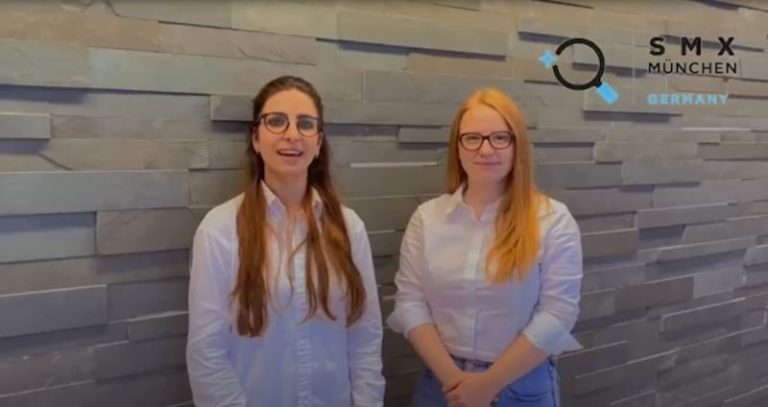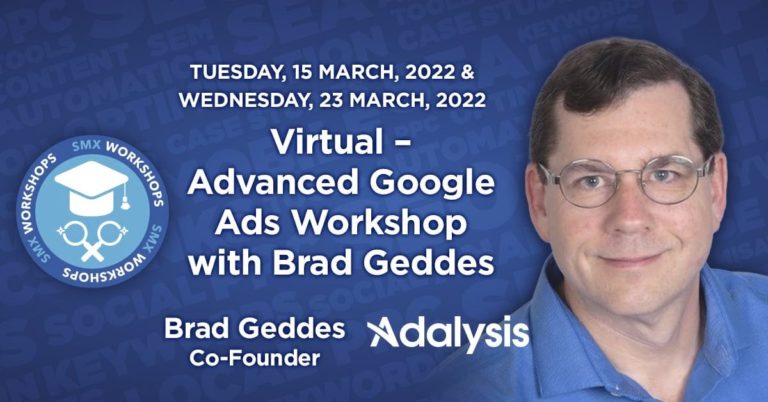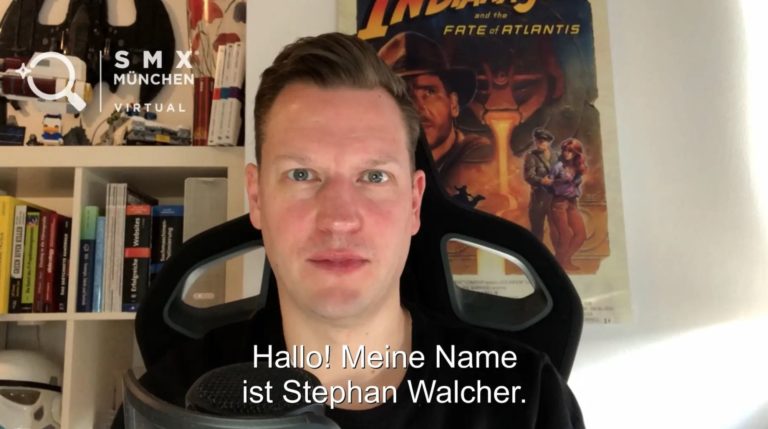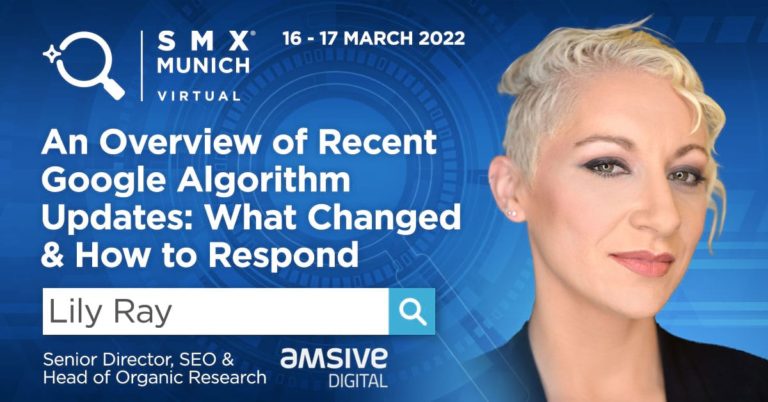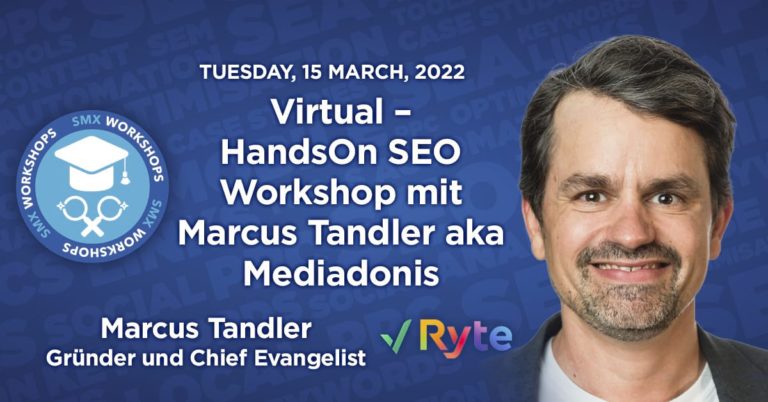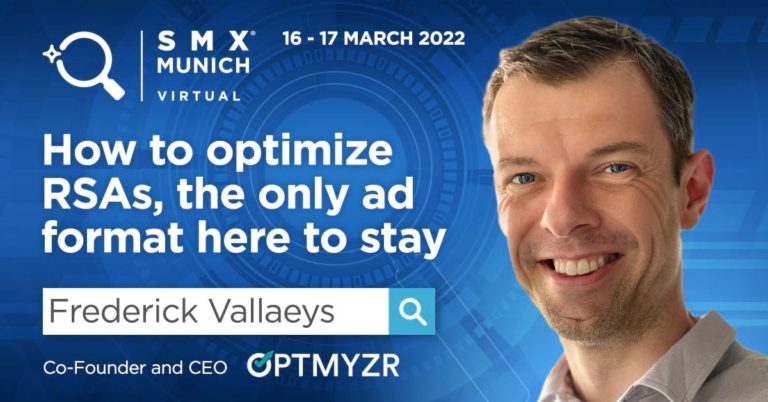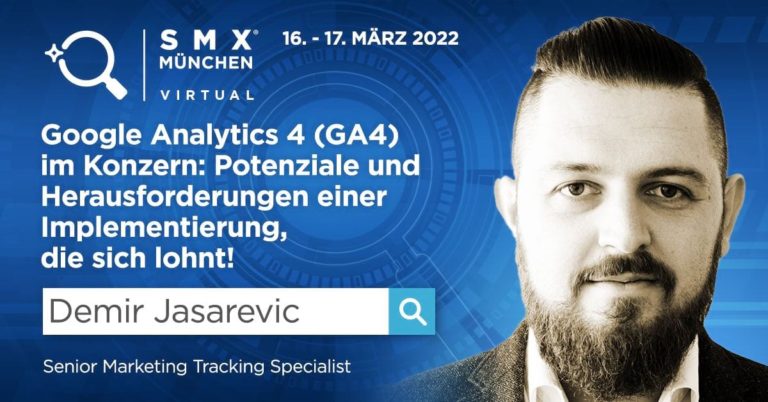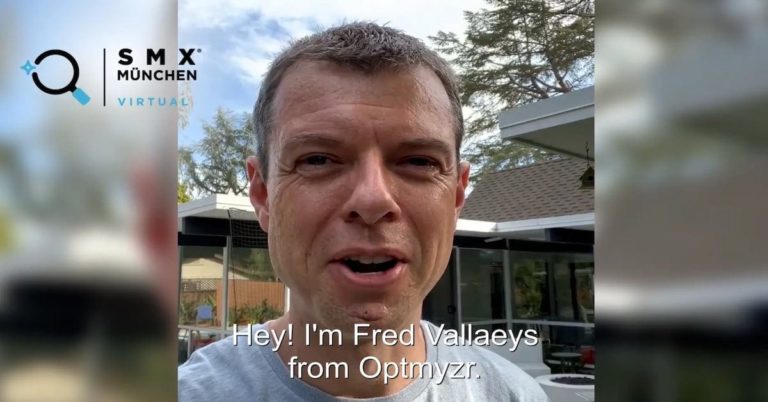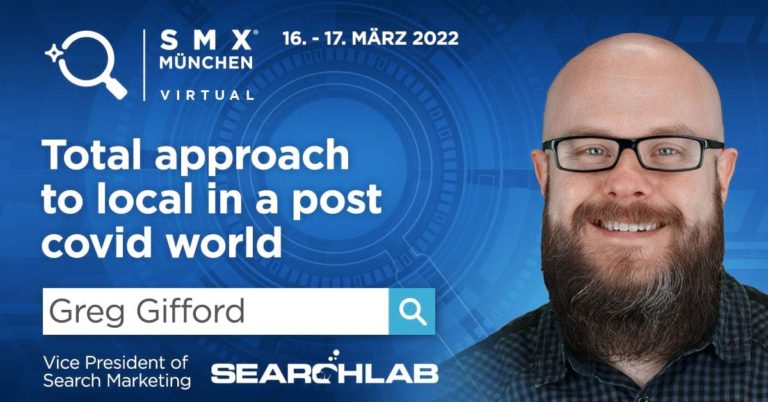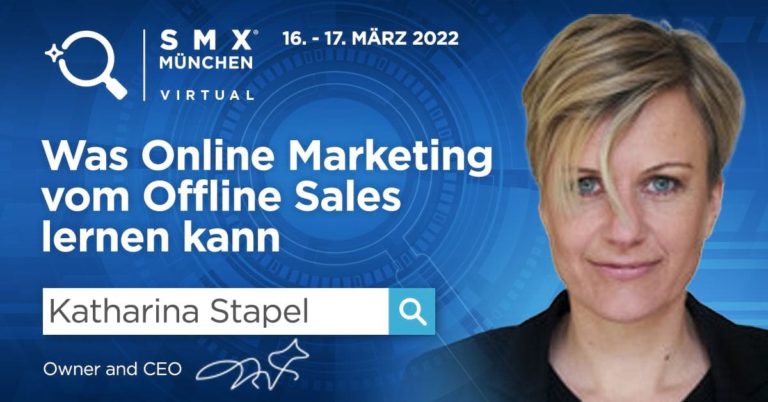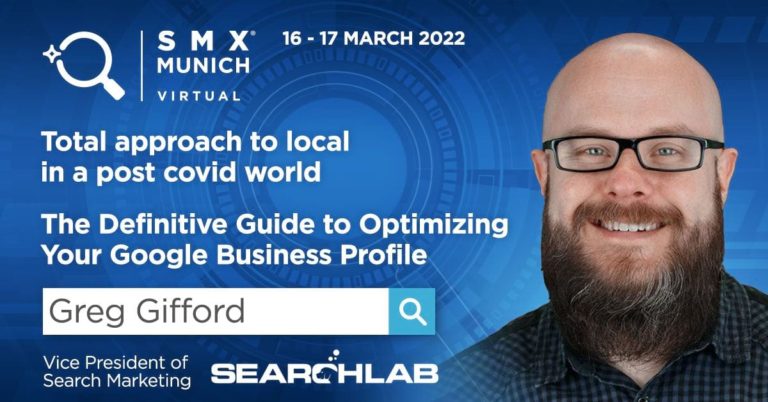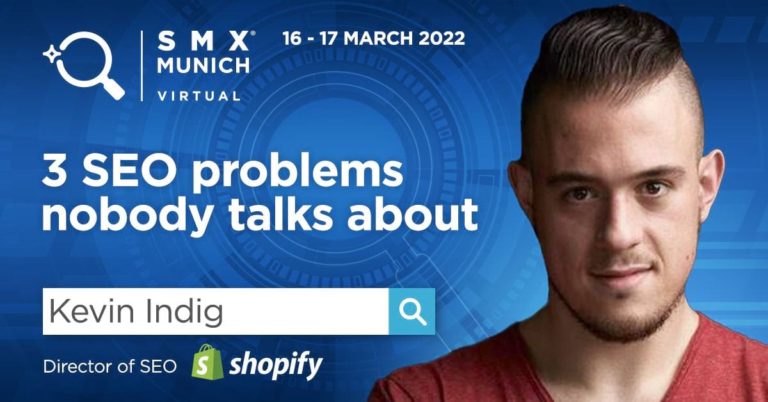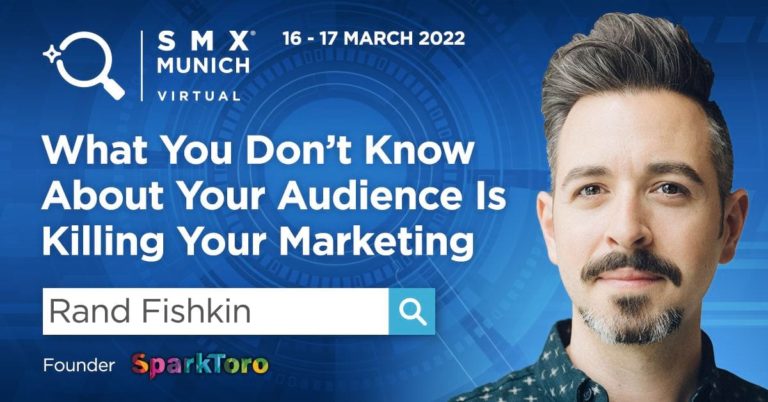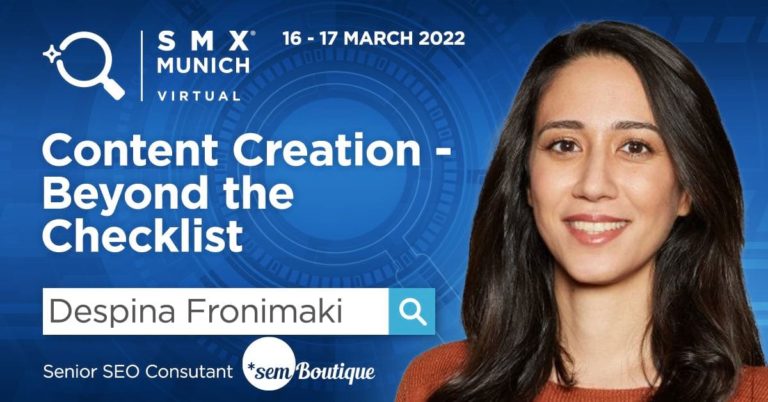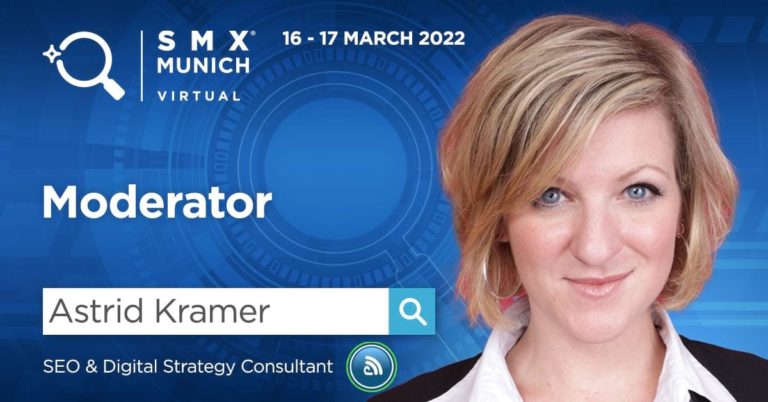Interview mit dem Google-Urgestein, Adwords-Experten, Gründer von Optmyzr und SMX-Keynotesprecher

Bild: Frederick Vallaeys
Wer sich mit AdWords beschäftigt, kommt schon seit Jahren an einer Person nicht vorbei: Frederick (“Fred”) Vallaeys. Er gehörte zu den ersten 500 Mitarbeitern von Google, baute AdWords mit auf und vertrat als AdWords Evangelist den Unternehmensbereich nach außen. Er hat einst geholfen, in der bekannten schwarz-gelben Buchreihe von Wiley Adwords auch „Dummies“ zu erklären – auf der SMX erklärt er nun Marketing-Profis, wie sie das Management von AdWords-Kampagnen vereinfachen. Unser Interview mit ihm anlässlich der SMX 2014 in München:
Fred, it is about a year since you left Google after being part of that universe for ten years. Does the company look different from outside?
In my role as Google’s AdWords Evangelist it was very important for me to be in tune with how the outside world perceived not just AdWords but also the entire company. So it’s not all that different now that I’m working on AdWords from the outside. By being on the inside for so long, I really got to know how Google thinks and operates. And while I’m sure that’s changing, I feel like I have a pretty good sense of what’s going on. Living in the Silicon Valley also helps quite a bit, I bump into Googlers and Xooglers (ex-Googlers) all the time.
One of your key topics on SMX Munich is automation of SEA. Is this about becoming more effective as an organization or just about having more fun in advertising, because the management will require less repetitive work?
Marketing has historically been more of a creative field but with all the measurability and targeting options we have access to today, it’s becoming more about statistics and technology. The problem I see is that there aren’t enough marketers who have basic programming skills so that they can automate some of the more mundane tasks. That’s why I started Optmyzr.com: because I wanted to make automation more accessible to AdWords marketers.
And the timing was perfect because AdWords Scripts launched shortly after you left Google?
Yes, and they really changed the game. AdWords Scripts makes automating AdWords really accessible compared to the API. With the API, you need to set up and maintain servers, you need to install and upgrade client libraries and you need to make sure your tools run as scheduled. All of that is complicated and takes a lot of time. With AdWords Scripts, Google handles all of these things and all we need to do is write the code that tells AdWords what to do.
Scripts have another key benefit: they can be modified very easily to incorporate your account management techniques. Most solutions that you buy from a 3rd party are written to be generic so that they can be used by lots of advertisers. And while that saves you time, it forces you into a cookie-cutter approach. With Scripts, you get to use your methodology while getting all the benefits of automation.
So there is the fun aspect, too, right?
It’s shocking to me how many marketers I talk to who say they don’t have time to do a lot of account optimization because they’re too busy with repetitive tasks like reporting. I believe that by automating repetitive tasks, marketers can once again start to focus on what they do best: coming up with creative strategies that will produce great results for their companies.
You promise to demystify the Quality Factor of Google AdWords on SMX Munich. What is the most important misunderstanding of the Quality Factor you find amongst SEA professionals?
Quality Score is a key factor in determining an ad’s rank and its CPC, yet it’s very misunderstood by many advertisers. At its core, Quality Score is about different ways that Google looks at the clickthrough rate of a keyword. Advertisers should not be afraid to optimize their accounts as Google saves as much data as it needs to make sure that it can correctly predict how a keyword will perform. If an optimization doesn’t work out as planned, you can always revert back to the way things were before and all that data that Google has will be used to return you to approximately the same QS you had before.
And what about the ad extensions?
Now ad extensions have also become a part of the ad rank. While that’s technically not part of QS, it’s just another element that contributes to CTR so they’re closely related. I’ve heard advertisers worry that their ad rank will decrease because they’re not using every ad extension that exists. To me that’s an unfounded concern because Google doesn’t give a better ad rank just for using ad extensions, it gives a better ad rank for using ad extensions that boost your CTR. So if there is an ad extension that doesn’t make sense for a type of business, then don’t worry about it. For example, a pure-play online retailer doesn’t need to add a location extension because that makes no sense for them and it probably would do nothing to boost their CTR. Using Sitelinks on the other hand would probably boost their CTR so that’s something they should definitely use.
You will speak in three sessions on the first day of SMX Munich. Tough job?
There are so many cool things you can do with AdWords so talking about it for a couple of hours will be easy. I’m more worried about jet lag than anything else!
Und das sind sie, die drei Sessions mit Fred Vallaeys am Dienstag, 25. März 2014 auf der SMX München:
- 14.00 Uhr: Keynote: Die drei wichtigsten Gewohnheiten der effektivsten Online Marketer
- 15.30 Uhr: Automatisierungs- und Optimierungsroutinen für den erfahrenen SEA Experten (Gemeinsame Session mit Brad Geddes, Founder, Certified Knowledge)
- 17.35: Der AdWords Qualitätsfaktor: Ex Google AdWords Evangelist Frederick Vallaeys räumt auf mit Mythen und Legenden
Weitere Details zu den Sessions stehen im Konferenzprogramm zur Verfügung unter https://smxmuenchen.de/muenchen2014/tag-1/#p1016.
